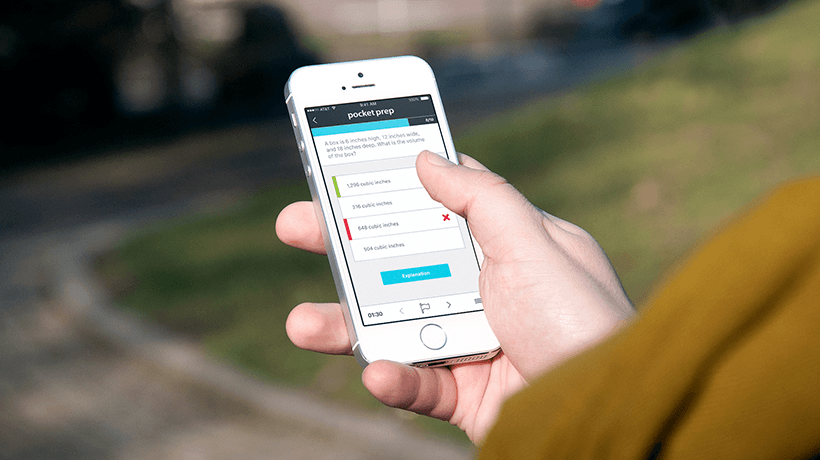How To Master A New Skill As An Adult Learner
Twenty years ago, hiring managers were impressed with skills such as being proficient in “Lotus 123”, “Microsoft Office”, or being able to perform “online research”. Nowadays, listing those skills is a surefire way to get a recruiter or HR person to trash a resume or application and move on to the next candidate. Why? Because these skills are either obsolete or the sorts of things that all workers are expected to be able to do. It's like stating that one is capable of answering the phone. If an HR manager sees this on a resume or LinkedIn profile, he or she may, at best, assume that the applicant has been out of the workforce for a while. At worst, the HR manager will think that he or she is woefully out of touch with technology and workplace expectations. This doesn't mean, however, that workers don't need a robust skills section on their resumes. Applicants simply need to make sure that they have the latest skills and certifications necessary to achieve their career goals. Unfortunately, some people believe that, over time, adults lose their ability to learn and master a new skill. This can lead to both career and personal stagnation. These workers can find themselves being passed over by younger, less experienced employees who have more current skills.
Fortunately, several recent research studies show that adults, even older adults, can acquire and master a new skill. Even better, not only can learning new skills improve one's career prospects, but they can also benefit one's overall health and well-being.
Still, learning a new skill as an adult is different from the way children learn. Children's minds and neurology are open and primed for learning. Over time, though, these systems begin to function differently. This means that adults can't count on being able to learn something at the age of 40 the same way they did when they were 12.
Here are some of the best ways someone can master a new skill as an adult:
- Bite off only what you can chew.
Researchers at Stanford University were doing some studies on barn owls when they made an interesting discovery. While young barn owls proved to be more adaptable in the face of changing conditions and were thus able to learn new skills, older owls could also be trained to adapt. The trick with the older owls was bite-sized learning. Once the skill was broken down, the older owls were able to eventually master each "piece" and eventually master the skill. For adult learners, this may mean working with learning tools that break up what they need to know into small bits, allowing for more manageable "digestion". - Repeat, repeat, repeat.
People who took music lessons as children were likely told by parents and their teachers to practice every day. As an adult, this becomes even more important. In fact, it may benefit adults to practice multiple times during the day. This doesn't mean spending three or four hours at something, but it may be that breaking up an hour of practice into 15-minute chunks, spreading them out from morning till evening, may be the best way to learn a new skill or prepare for your certification exam. - Accept mistakes.
Here's a secret: Nobody gets everything right when they first acquire new knowledge or are trying to master a new skill. Yes, it's frustrating, but mistakes are part of the learning process. Here's where there is a big difference between children and adults and how they learn: Kids have their parents and teachers to force them to continue with their learning. Adults don't. This may be why many adults feel that they can't learn new things... they simply don't have anyone around to prod them into continuing. What can adults do to stay on track? One thing is to focus on the importance of career goals and staying relevant in an increasingly difficult job market. As children, workers may have been influenced by the warning that they wouldn't be able to get a good job if they didn't apply themselves. Adults may need to remind themselves that they won't stay employed, or get promoted to more responsibility unless they are likewise willing to step out of their comfort zones and learn new skills.
How Mobile Learning Can Help
Mobile learning apps, such as those developed by Pocket Prep, allow a working professional to pull out their smartphone or tablet at any time for learning, reviewing or testing his or her proficiency. Finding time for learning becomes easier as one can integrate even a few minutes of learning into free time as it comes up throughout the day. As a result, adults can learn quickly, and effectively, what they need to know to take their careers to the next level.









